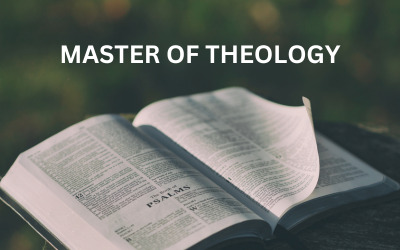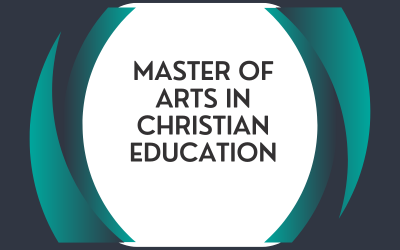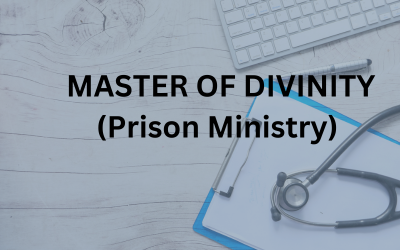Course description
A Master of Theology (Th.M.) is a postgraduate degree program that is typically pursued by individuals who have already completed a Bachelor's degree in theology or a related field and wish to further their education and expertise in theological studies. Here are some key points about the Master of Theology program:
Program Focus: The Th.M. program is a highly specialized and advanced theological degree. It allows students to engage in in-depth study and research in specific areas of theology, religious studies, or related fields. The program often includes coursework in systematic theology, biblical studies, historical theology, ethics, and other theological disciplines.
Duration: The duration of a Th.M. program can vary depending on the institution and the student's course load. Typically, it takes one to two years of full-time study to complete.
Research Emphasis: Research is a significant component of a Th.M. program. Students often have the opportunity to work closely with faculty members on research projects, write a thesis or comprehensive paper, and engage in critical analysis of theological topics.
Specialization: Th.M. programs allow students to specialize in a particular area of theology or religious studies that aligns with their interests and career goals. Common specializations include biblical studies, systematic theology, ethics, church history, pastoral theology, and more.
Career Path: A Master of Theology is often pursued by individuals who plan to enter into academic or ministerial roles that require advanced theological knowledge. It can also serve as a stepping stone to a doctoral (Ph.D. or D.Th.) program for those interested in teaching at the university or seminary level or conducting advanced research in theology.
Admission Requirements: Admission to a Th.M. program typically requires a Bachelor's degree in theology, divinity, religious studies, or a closely related field. Many programs also require strong academic performance and may request letters of recommendation and a statement of purpose.
Theological Seminaries: Th.M. programs are commonly offered by theological seminaries, divinity schools, and religious institutions. These institutions often have a strong focus on theological education and may offer various theological degrees.
Online and Part-Time Options: Some institutions offer Th.M. programs online or on a part-time basis to accommodate students with other commitments.
Ministry and Teaching Opportunities: Graduates with a Th.M. degree often find opportunities in religious ministry, teaching at the seminary or college level, research positions, writing, and leadership roles within religious organizations.
Continuation to Ph.D.: Many students who complete a Th.M. program go on to pursue a Ph.D. in theology or a related field to further specialize in their area of interest and enhance their career prospects in academia or ministry















